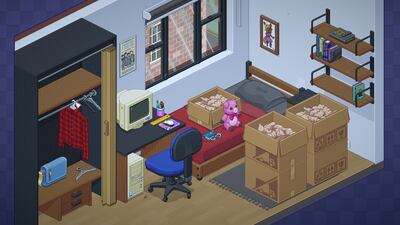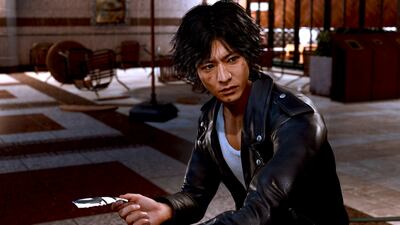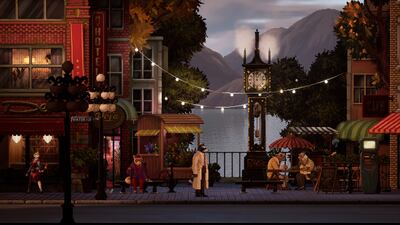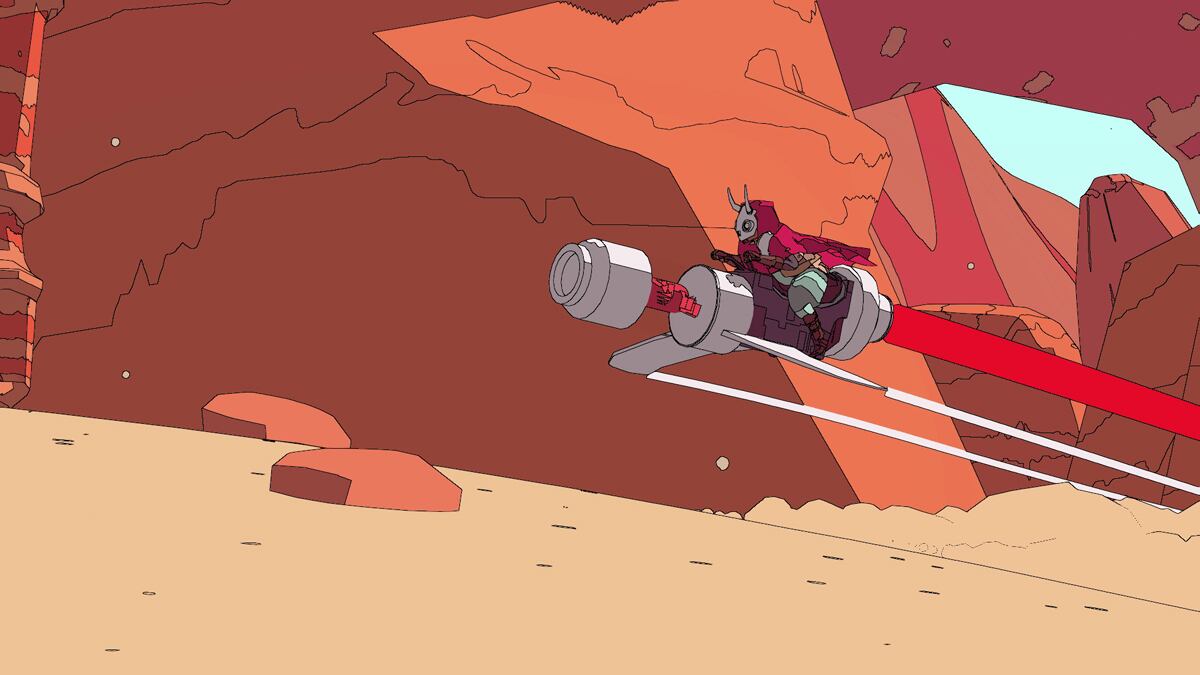We spent a lot of 2021 indoors, insulated from ice storms or heat waves or just playing it safe from new strains of the coronavirus. It was quite a year for video games and for wide masses of fans to be moved by this truly unique art form.
Thanks to online gaming, space collapsed and the world found passion for an Australian puzzle narrative about unpacking a woman’s clothes. But the Pacific Northwest got a few nods in there too. Here’s our list of our favorite worlds explored indoors in 2021.

1. Unpacking
Such wide possibility exists in video games, yet time and time again the most prolific titles opt to explore different ways to fight. Unpacking instead follows the indie tradition of gamifying the mundane by placing players in the shoes of a woman as she unpacks and furnishes living spaces through various stages of her life.
It’s notable not just for its emotional resonance, beautiful art, and stunning audio work, but for how strongly it struck a chord with general audiences despite its premise.
It’s not hard to see why: Unpacking’s wordless tour of its protagonist’s life does not contain much drama or explicit story, but rather fragments of time and the flavor of life itself. We see only pieces of someone, which illustrate and allude to her personality and choices. We choose whether her childhood art is prominently displayed or packed away. We struggle to find space for all her clothes in a new boyfriend’s closet. We nervously place her personal effects alongside a roommate’s on the common shelf. Unpacking quietly fabricates nostalgia and a sense of change, and we meditate on our own things: what they mean to us, and what they might mean to someone else playing through our own moves, sifting through our stuff and inferring our thoughts and aspirations through them.
2. Sable
In 2017, The Legend of Zelda: Breath of the Wild shook up the genre of open-world games and reframed our collective thinking on what such worlds could uncover. Sable is, to date, the game that most thoroughly understands and iterates on that paradigm shift.
Ditching the combat of its inspiration, Sable laser-focuses on the feeling of freedom and personal expression that Breath of the Wild near perfected, but improves on it with a more meaningful sense of progression, a more believable and intriguing world, and a sense of scale and place not dependent on differing biomes.
When coming of age, the people of the titular Sable’s nomadic tribe receive a sand-speeder-like bike and embark on a journey to find their calling. The world, wide and full of disparate but connected peoples, embraces these travelers and hopes to help them in their soul-searching.
Sable asks no more of players than to explore its beautiful lands and do whatever they find interesting. Its cel-shaded art imbues a surrealist, mythic quality—its Japanese Breakfast-composed score infuses a melancholic reflectiveness. Beyond those qualities, it’s also just a damn fun game to play, with well-designed puzzles and environments rivaling Nintendo’s own.

3. Lost Judgment
Continuing the experience set up by previous Judgment games (and the Yakuza series before that), Lost Judgment is unsurprisingly a veering crime drama full of absurdist humor in equal measure to its dramatic gravity. One moment you’ll discuss systemic bullying and the flaws of the Japanese legal system, and the next you’ll hang out with a detective dog and ride a skateboard. At the end of it all, you’ll wonder how it worked so well.
The games beneath the Yakuza umbrella have a unique knack for creating believable, dense worlds full of life and detail that, long after you finish playing, linger in your mind as real places. There’s a willingness to gamify things that are almost objectively pointless within the context of the game—picking your blend of coffee at a cafe, playing darts in the bar after a shot of Glenfiddich 12, taste-testing your landlord’s cooking—that creates a sense of stepping briefly into someone’s life. Play enough of these games and you’ll feel like a local. Quality can vary with each entry, but the whole series feels like home.

4. Resident Evil: Village
The Resident Evil series contains an entire spectrum of quality. As often as Capcom revolutionizes a genre with a masterwork, it drops a dud that even dedicated fans end up split on. Village, the eighth mainline game, could have gone either way, but it luckily stuck the landing with a synthesis of the game’s eras that hits just about every note. The up close and personal horror of 7, the high-octane madness of 4, the international super-spy absurdity of 6, the gamey puzzle box of 1—it’s all here and somehow coherent. Pure, triple-A luxury gaming that lets you turn your brain off, laugh and have an incredible time.

5. Hitman 3
The Hitman games are like clockwork puzzle boxes: intricate, interlocking things that beg you to push and prod at them to see what happens. Within those spaces, your goal is simple. Kill the target. Because the levels are so layered and nuanced—not just spatially but in the way characters move and work within them—Hitman 3 becomes a game of outwitting the target and manipulating the circumstances in your favor. Though it fails to hit the highs of Hitman 2′s brilliance, it’s more of what the series does best with a new coat of paint. Its levels are as pretty and exotic as ever, its villains as dastardly, and its childish, fun fantasy of sticking it to the rich and powerful about as fine tuned as it can be.

Honorable Mention, Pacific Northwest Game: Backbone
Backbone, a game about systemic violence, power structures and class disparity, is perfectly suited to its Vancouver, British Columbia, setting. In it, the city is equal parts post-Soviet decay and the earthy, rain-slicked port town familiar to anyone who has spent time in the Pacific Northwest.
In the manner of an old film noir, Backbone covers its dystopian city of anthropomorphic animals with a layer of dread and greed. While exploring the various districts of future Vancouver, players experience what, at first, appears to be a “what if Zootopia were rough” riff, but in the end explore a great deal of meaning while characters share their thoughts on collectivism, community and greed alike. The gloomy, gray rain of the region reinforces the melancholy, but the beautiful vistas of the Salish Sea and all the foliage framing it throw some hope and beauty into the mix. Backbone is a strange game, but undoubtedly one which “gets’' its setting and wouldn’t have worked as well anywhere else.

